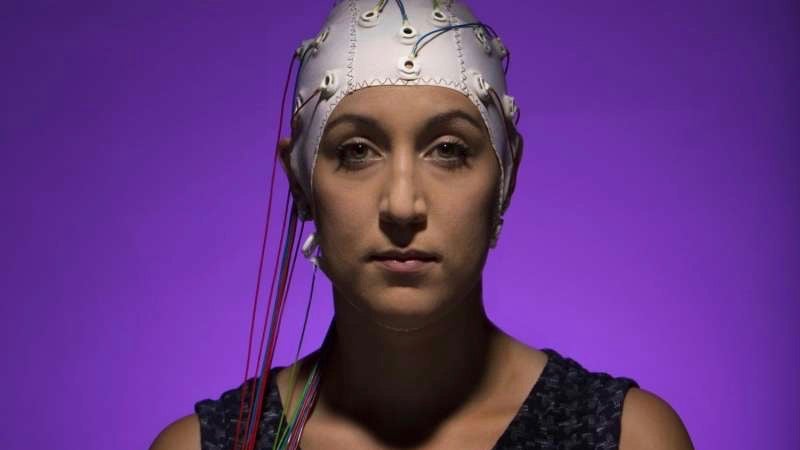Are brain scans the future of biometric authentication?

Forget fingerprints and retina scans – the future of biometric authentication could be your brain.
We’re all becoming used to using our fingerprints to gain access to our phones, and some manufacturers have even experimented with retinal scans. But scientists at Binghamton University have found that your brain could used as a truly unique identifier.
The team has developed a system that can identify a person according to their “brainprint,” with a startling 100 percent accuracy.
As reported by Techxplore (via TechRadar), this was achieved by recording the brain activity of 50 people, each wearing an electroencephalogram headset, whilst they looked at a series of 500 images. These images were designed to elicit unique responses from each person, according to their particular preferences.
It was found that each person’s response to the images was different, whether it be in relation to a picture of a slice of pizza, a boat, or the actor Anne Hathaway. Thanks to these differing responses, the computer was able to build a unique “brainprint” of each person in the test.
A previous, smaller scale study using only words was able to identify one person in 32 with a mere 97 percent accuracy. Now that it’s hit 100 percent, we can start thinking of practical applications of the technology.
“It’s a big deal going from 97 to 100 percent because we imagine the applications for this technology being for high-security situations,” explains project lead and professor of psychology Sarah Laszlo, “like ensuring the person going into the Pentagon or the nuclear launch bay is the right person.”
Related: iPhone 6S review
It sounds as if accessing your phone using a brainscan might be a case of overkill, then.
The particular appeal of brainscans over fingerprint scans or even retina scans is that they can’t be stolen so easily. In the event that they were appropriated by a malicious person, they could also be cancelled and reset.


